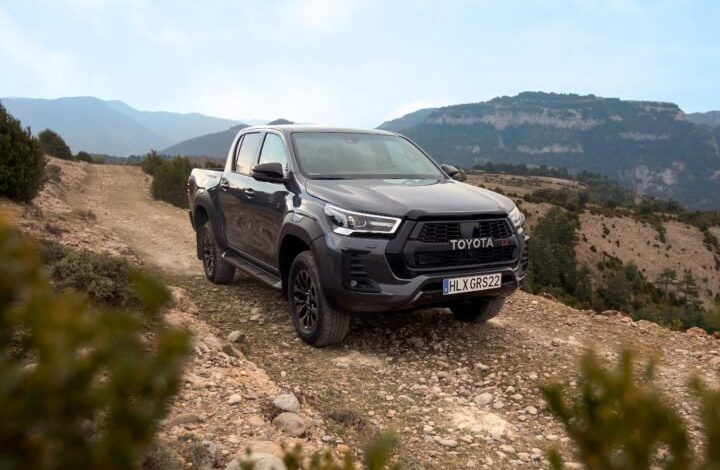Toyota will make its diesel engines compatible with sustainable HVO100 fuel

The future is not so friendly for diesel vehicles. Their popularity is declining as people worry about their environmental impact. However, diesel engines can be reasonably eco-friendly. Toyota has now decided to manufacture its diesel engine line in Western Europe that is compatible with the HVO100 diesel fuel.

Toyota’s diesel engine line in Western Europe will be able to run on HVO100 – hydrated vegetable oil. Image credits: Toyota
HVO100 is basically a diesel fuel (sort of – more on that later) that is produced using no fossil fuels. It is only a hydrated vegetable oil, which meets the European quality standard EN 15940 for paraffinic diesel. It’s basically a biofuel, since vegetable oils are of course derived from plants. This means that a large portion of HVO100 emissions are neutral, as plants absorb CO2 themselves as they grow.
HVO100 is not the same as diesel – it is an oil. It has a higher cetane number (c80) than a standard diesel engine. It has less sulfur and aromatics. It can burn cleaner and it can be made from raw materials that are waste (e.g. used cooking oil). HVO100 can be a recycled product, which is great, as it not only replaces diesel but can also reduce waste. We can literally grow HVO100 – it can be made from the huge fields of golden rapeseed you see all over the place.
HVO100s burn differently, which is why manufacturers need to allow their cars to run on it. However, Toyota has just allowed its diesel lineup in Western Europe to run on the HVO100. This concerns larger vehicles such as Hilux pickups, Land Cruiser SUVs and Proace trucks. Cars can run on HVO100, can also run on conventional diesel, which is important because hydrated vegetable oils can be difficult to find in some regions. Currently, there are about 1,000 HVO100 fuel pumps in Europe and the production is increasing. It is expected that HVO100 production in Europe will reach 15.5 million tons by 2030.
The HVO100 is less dense than standard diesel, which is why Toyota needs to allow some models to run on this fuel. A small adjustment to the fuel injection system does the trick. Interestingly, this results in a slight increase in maximum engine power, but is too small to be noticed behind the wheel. In fact, driving with the HVO100 doesn’t require any special actions or changes in driving style – cars do the same.
A lot of people want to see diesel make it into the history books. However, there is no denying that a lot of larger vehicles and trucks will continue to use it. Partly because it’s more economical. It’s important to replace it with something, and by far the HVO100 seems to be the most affordable alternative to traditional diesel fuel. Hopefully some other manufacturers will follow in Toyota’s footsteps and will allow their diesel vehicles to use the HVO100.
Source: Toyota




